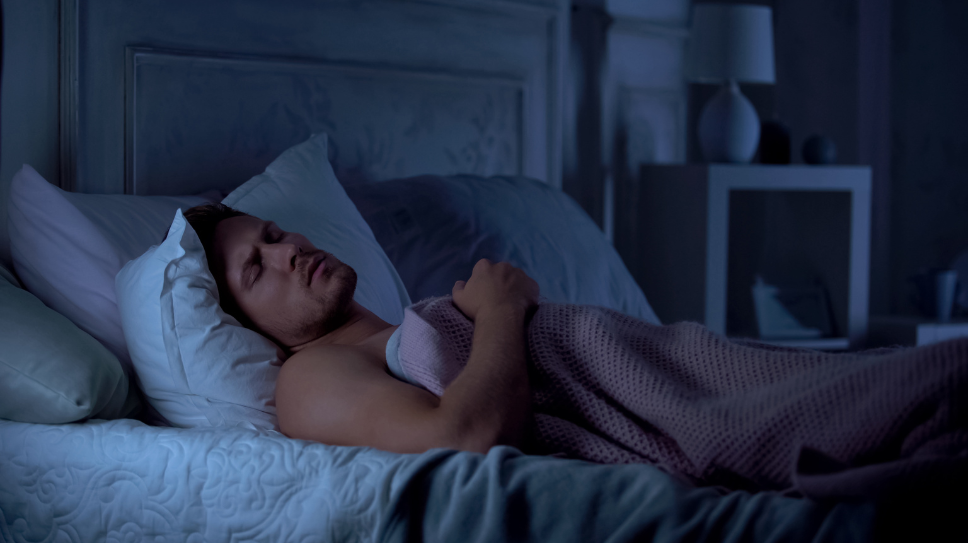There are myriad ways to support a person in recovery. Working through addiction recovery, including mental health issues, is taxing no matter how long the person struggled with addiction.
Treatment should be designed as an individual approach, with a holistic mindset focused on the mind, body, and spiritual approach to healing. Uniquely caring for each person’s journey ensures a long journey of healing that continues to grow stronger each day. With a multidisciplinary approach, a suitable treatment plan is necessary that follows the person from assessment to aftercare programming. Find out more about how the multidisciplinary approach works and how to find hope in recovery.
The Right Approach
A multidisciplinary approach works for many different reasons. This method helps people in recovery get a different perspective on the issues they face, from substance abuse to mental health issues. Because drug or alcohol addiction can coexist with other medical and health needs, a variety of approaches are needed to treat co-occurring disorders. People who are most likely to benefit from this type of approach range from those who experience:
- Withdrawal from drugs or alcohol
- Addictive behaviors and attitudes that need adjustment
- Depression, anger, grief, or trauma from the past that was never dealt with
- Physical and mental health challenges
The right approach is the right one for each individual’s circumstances and story. It is not the right approach for many people as what is right for one is not right for all. A good approach will co-create an approach with that person’s personal needs in mind using treatment professionals from various perspectives that will aid in healing.
Team of Professionals
A multidisciplinary approach requires a team of people who can help a person heal from addiction. With this approach, treatment begins at intake. It starts with making sure from the start a person has the right focus on their personalized plan for healing. Working with a team of professionals is the key to healing from addiction, especially in the beginning. Upon arrival at a treatment center, there will be a thorough assessment that puts together a personal evaluation, along with vital signs, to design the best experience possible. Healing from addiction is a very personal experience for each person. They bring their own challenges to the table, including drug and alcohol addiction histories, trauma, mental health challenges, and physical issues that need support. A multidisciplinary approach brings in medical staff for medical issues, mental health staff to support those conditions, and people experienced in the treatment of co-occurring disorders. Any center focused on this approach is going to provide a thorough perspective on healing that is necessary to progress in recovery.
Why it Works
Substance use disorders and mental health challenges impact a person’s life but also derail relationships and support networks. A team that is focused on bringing healing to all parts of a person’s life will focus on various aspects and how to start integrating those into their healing journey. An understanding of the medical, cultural, and psychological causes of addiction will help a person handle the challenges of life outside the walls of recovery. A multidisciplinary approach might work for someone with addiction if:
- Outpatient programs have not worked in the past. Treatment and therapy groups can work for some people, but a multidisciplinary approach brings in people from outside the usual perspective on recovery and helps them see addiction from a variety of angles that may not have been experienced in the past
- The roots of addiction run deeper than previously thought. With the right tools and support, a person can dive deeper than they may have gotten before when trying to uncover the root causes of their addiction. Medical and therapeutic staff can address co-occurring disorders that support treatment of the whole problem, instead of just one piece of the puzzle.
- The support network has not been strong in the past. If a person has tried to fight addiction recovery alone or feels they are not able to get the right help, a multidisciplinary team is more focused and intentional on how to help manage all aspects of addiction. This ensures a person is not alone throughout the process and will be able to focus on a wide variety of options for growth and healing.
Hope for Healing
A team of people who are trusted can bring a deeper perspective to someone’s journey of recovery. Long-term healing is focused on mind, body, and spiritual growth. From admission to aftercare, a concrete plan helps design the best experience but support them when they go into the real world after rehab. Everyone will need something different. With participation in a multidisciplinary approach, an individual can get the help they need for substance abuse and mental health issues that move them forward and find hope for tomorrow.



